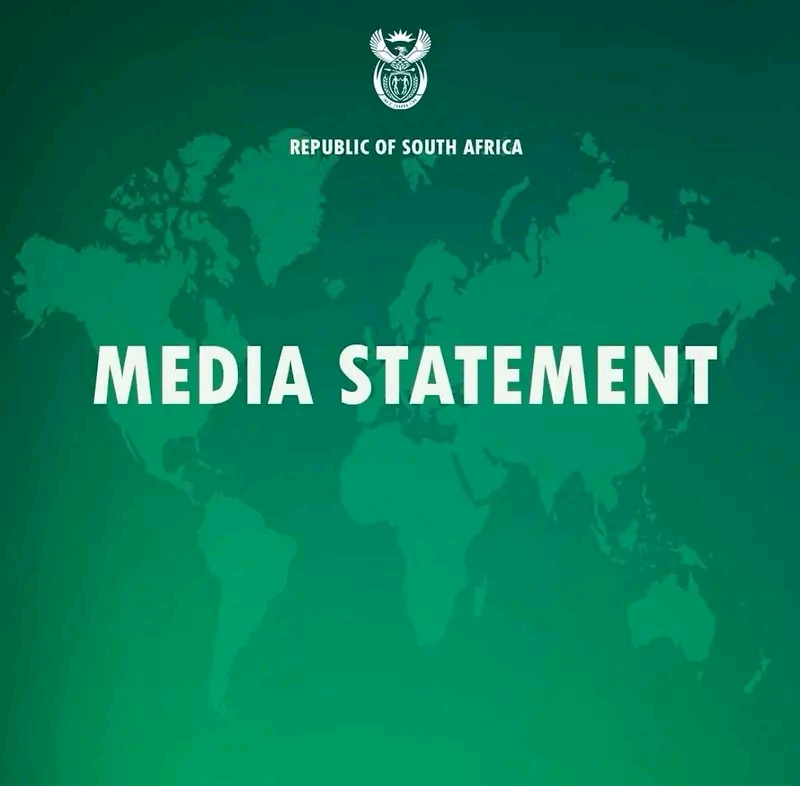The 5 Money Truths They Never Wanted You to Learn

For generations, people have been told that honesty, diligence, and patience will lead to prosperity. Yet millions who live by these values remain trapped in financial struggle. The truth is unsettling: the rules we are taught were never designed to make us free. They exist to keep us compliant.
Niccolò Machiavelli, the astute political thinker of the Renaissance, recognized this centuries before the modern economy emerged. He understood that wealth and influence do not naturally flow to the virtuous. They are built, sustained, and defended through deliberate design. Power, he noted, comes not from effort alone but from structures that multiply and protect resources.
Below are five rarely spoken laws of money that determine who remains trapped and who gains independence.
Law 1: Wealth Rewards Design, Not Virtue
The belief that moral character alone attracts wealth is one of the most damaging myths in modern culture. Ethics can help build trust and reputation, but money flows toward infrastructure. It seeks systems that collect, grow, and safeguard it. It does not pause for those who work the hardest or have the purest intentions.
Machiavelli observed, “It is not the goodness of a prince that secures his throne, but the strength of his alliances.” In finance, your alliances are your systems: investments, networks, and assets that generate income even when you are absent. Without them, money slips away quickly.
If your income depends solely on direct labor, you are at constant risk. The moment you stop working, your earnings stop. In that case, you are living within someone else’s design, not your own.
Law 2: Scarcity Is Manufactured, Not Natural
Scarcity has long been a tool of control. From childhood, most people are taught that money is limited, that risk is dangerous, and that spending on themselves is wasteful. This conditioning keeps them predictable. Those who believe in shortage often trade creativity and freedom for the illusion of safety.
Modern money is not a rare physical resource. It is created through credit, trust, and agreements, often with a few keystrokes. Those who understand this play the game differently. They do not cling to every coin; they place themselves where money is already moving.
Machiavelli might have said, “If you wish to rule, make the people fear a shortage.” That fear keeps them obedient without force. The wealthy know money itself is not scarce. They focus on controlling its flow and access.
Law 3: Your Identity Determines Your Limits
Your relationship with money is shaped less by economics than by self-perception. If you believe you are undeserving of abundance, you will unconsciously block opportunities. If wealth creates guilt or discomfort, you will find ways to lose it.
A mind trained to associate money with shame or danger will resist it. No strategy will work until you change how you see yourself. Machiavelli warned, “The man who begs for power earns only contempt.” Money behaves in the same way, moving toward those who handle it with calm authority, not desperation.
Financial freedom begins when money becomes a tool, not a measure of your worth. It should serve your vision, not define it.
Law 4: Symbols Do Not Equal Substance
Luxury cars, designer watches, and large houses can hide fragile foundations. Many who appear wealthy are burdened with debt or unstable income. Public displays of success often mask the absence of real security.
True wealth grows quietly in productive assets, strong networks, and lasting strategies. Machiavelli cautioned, “The most dangerous prince is the one who wears the costume of power without the strategy of power.” In finance, as in politics, appearance without substance is an empty shell.
Law 5: Money Shows Who You Are
Many believe wealth will make them more generous, disciplined, or fulfilled. In reality, money amplifies what already exists. If you are stable, it strengthens you. If you are reckless or insecure, it magnifies those flaws.
Wealth removes the limits that scarcity imposes, allowing your true nature to emerge. This is why sudden fortune often ruins those who are unprepared. As Machiavelli might say, “Power does not change the man; it frees him to be who he already is.”
From Awareness to Action: Building Financial Sovereignty
Understanding these laws is the first step. Freedom comes from action:
1. Build Internal Stability – Develop a mindset where money is not tied to fear. Know why you want wealth beyond comfort or status.
2. Master Your Language – Every word you speak about money reinforces a belief. Speak as a creator, not as a victim.
3. Audit Your Financial Story – Identify and rewrite the early money lessons that hold you back.
4. Break Free from Linear Earning – Build multiple income streams that operate without your constant effort.
5. Use Generosity Strategically – Give in ways that strengthen alliances and open opportunities.
Machiavelli would remind us that persistence alone does not bring freedom. Strategy, structure, and self-awareness do. Those who grasp these truths design systems that make them sovereign. Those who ignore them remain loyal to a game designed to keep them in place.
The choice is clear: design your own financial structure or remain a servant within someone else’s.





